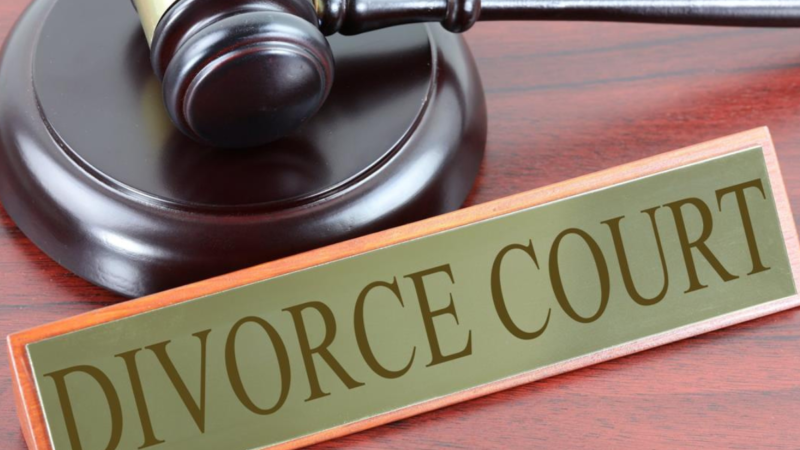Understanding Who Is Eligible to File Loss of Consortium Claims in Columbia

Usually, when you incur injuries as a result of an accident, the situation can leave your spouse or family in a pretty bad state. Indeed, an accident-related injury can make a person’s life tougher, but above all that, the damage sustained by losing a spouse or other close relative cannot be restored. What if we told you that the victim’s spouse may be entitled to file a lawsuit to recover damages? If you need help recovering damages, get help from a Columbia City personal injury lawyer.
What else should you keep in mind? In addition to receiving payment for your partner’s injuries, you may also be entitled to further recompense if as the spouse you’re able to establish that the event has negatively impacted your union or your connection with your partner. Loss of consortium is the umbrella term for these kinds of lawsuits.
Who is eligible to file these claims?
One may be eligible for loss of consortium compensation if they consider that their marriage has suffered as a result of accident-related injuries. The goal of this compensation is to compensate for any emotional or interpersonal losses as well as the loss in spousal relationships that the disaster has created. It is offered to individuals who can no longer enjoy each other’s company or share activities they used to appreciate.
So, the question remains, can a family file a claim for the loss of a child? The simplest answer would be yes; however, there is a catch. According to code § 15-75-20 a spouse can file a claim for loss of consortium, and this pretty much applies to families as well, but there have been exceptions. For example, according to the Doe v. Greenville County School District case, families cannot sue for these compensations even though they might be able to secure compensation for the loss of services of their child. Moreover, if a family decides to file a claim for these damages, they won’t be eligible to file for other damages. In a way, there is a cap on how much compensation the families can receive.
What are the damages one can recover in loss of consortium claims?
When one files a claim under the category of loss of consortium, they will be able to recover damages for loss of counsel and emotional support, financial support, loss of participation in chores and other services, and loss of care and comfort.
However, if you have already filed a claim for damages under personal injury claims and were able to recover damages for the same, you won’t be able to recover damages by filing a loss of consortium claim. To put it simply, take for example, a wife has filed a claim for damages due to loss of income or wages under economic damages, then the wife will not be able to file for compensation for the loss of support under loss of consortium cases as they are pretty much the same. The state has implemented such regulations so that no one can take undue advantage of the system.
Prevailing in loss of consortium claim:
In order to succeed in a loss of consortium claim, the victim must prove a few things, such as the existence of a valid marriage or domestic partnership and the fact that the other spouse is suffering from severe pain that has caused their marital companionship to suffer. The injury and the radical shift in the relationship must also be related in some way. If the victim wins their legal battle, they are entitled to non-economic damages; nonetheless, they cannot receive money to cover their medical bills or lost career possibilities. In such circumstances, only pain and suffering can be paid for.
Final thoughts:
In order to keep the victim and their spouse from collecting two payments, the state has limited claims for loss of consortium to pain and suffering. One may also file a claim for pain and suffering damages in addition to economic damages. When both partners in a marriage experience the effects of injuries sustained as a result of the spouse’s suffering brought on by the accident, this sort of lawsuit is filed to include the partner in the pain and suffering claim.




